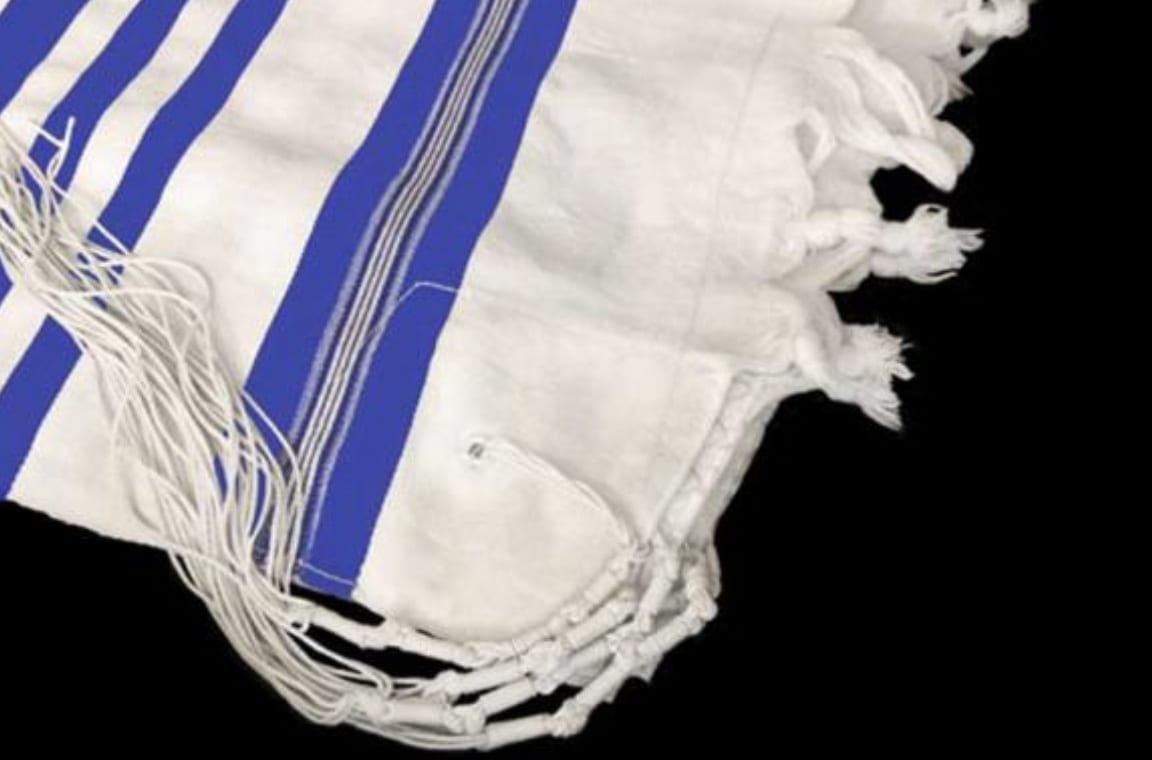Walking down the street in a different town a man approached me and asked me to listen to his question. He explained: “I live in a very exclusive area and I lack nothing. Just like King Solomon says in Ecclesiastes “I built homes, I planted vineyards I made gardens and orchards water pools etc. I lack nothing. But when the neighbor opposite me bought a sparkling new luxury car my heart burst from jealousy.”
“Can you explain to me”, he asked, “how can it be that the Torah has a clear prohibition that says do not covet? Where do I get the strength not to be jealous of my neighbor and not covet his new luxury car?”
When meeting such a person you special divine assistance to know what to say. Clearly you can’t just explain a Torah commentary to him and hope he’ll understand. I prayed silently to G-d to assist me with the right answer and G-d answered me immediately!
I asked him, “isn’t it true that your neighbor with the new shiny car also has ulcers?”
The man looked at me with big puzzled eyes and asked back, “How can you know this?” But the answer came with divine assistance and I continued. “Do you want to covet the man’s car and his ulcer?” I asked him.
He understood and said “no, of course not!”
“So listen, I told him. “The verse says “Do not covet your friend’s house… his slave his maidservant, his ox, his donkey, and all that belongs to your friend.” How do the commentaries explain this verse? It seems that “All that belongs to your friend” is redundant? Just our Torah gives us great advice with these words. If you’ve come to the point that you covet the property of your friend the best way to get rid of that desire is to desire “all that belongs to your friend” meaning not only the things that arouse desire like his shiny new car but also the rest of his ‘package’ too… In other words not just his grass that’s greener on his side but his ulcer too!”
G-d helped me and this answer satisfied the man; though he wasn’t devoutly religious he knew exactly what I meant.





